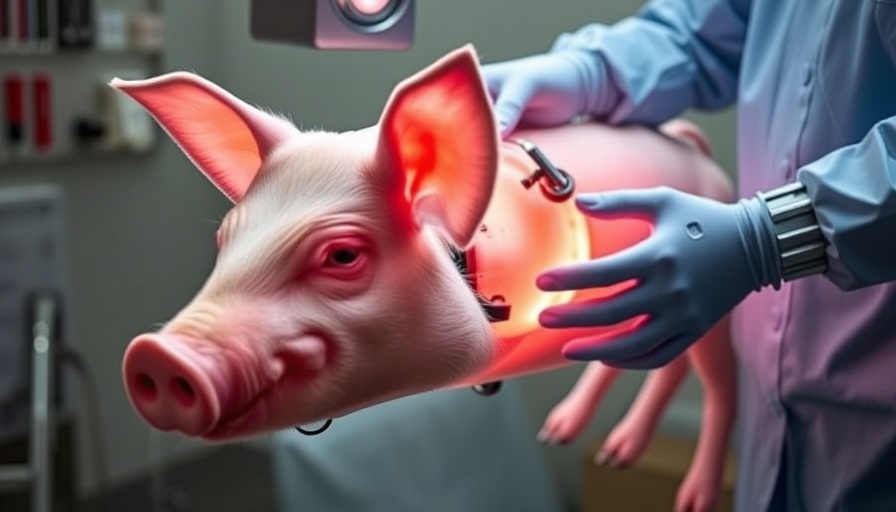
The Rise of HealthBench: What It Means for Healthcare AI
As technology continues to evolve at an unprecedented pace, the healthcare industry stands on the brink of a revolution led by artificial intelligence (AI). Enter HealthBench, an innovative benchmark developed by OpenAI, promising to enhance the evaluation of AI tools specifically tailored for healthcare applications. This new tool arises from a critical need for standardization and reliability in the integration of AI solutions in medical settings, ensuring that patient safety remains the utmost priority.
Why HealthBench is a Game-Changer for AI in Healthcare
With significant contributions from 262 global physicians, HealthBench was designed to provide rigorous assessment frameworks that reflect real-world medical challenges. Instead of fragmented evaluations that failed to offer meaningful comparisons, HealthBench presents a structured approach, including around 5,000 multi-turn conversations that mimic interactions between AI and healthcare users. This method, graded by expert rubrics, sheds light on AI model performance, allowing healthcare providers to better understand the strengths and areas in need of improvement.
Proven Impact on AI Development
HealthBench provides an unprecedented metric for AI development, allowing for better tracking of progress over time. For instance, the transition from the initial 16% score of GPT-3.5 Turbo to a remarkable 60% in the latest iteration illustrates the tangible improvements that HealthBench fosters. These enhancements not only elevate the quality of AI tools but also directly improve reliability in patient care situations.
How HealthBench Improves Patient Safety
Safety and accuracy are paramount in healthcare, where decisions can have life-altering consequences. Utilizing HealthBench ensures AI tools deliver accurate, context-aware information. As AI applications that have been evaluated with HealthBench continue to be adopted in clinical settings, healthcare providers report increased confidence in their reliability, knowing those tools have been comprehensively tested and vetted.
Real-World Applications of HealthBench
The real-world implications of HealthBench are significant. The assessment framework aligns closely with practical healthcare scenarios, enhancing the precision of AI tools in critical tasks like emergency response and clinical data interpretation. For healthcare institutions, this means a smoother transition into adopting AI solutions, paving the way for practices that save time, reduce errors, and ultimately lead to better patient outcomes.
Guiding Regulatory Considerations for AI Integration
As AI technology continues to advance, regulatory bodies must keep pace. HealthBench provides valuable data that outlines AI capabilities and limitations, assisting with approvals and guidelines for technology adoption in healthcare. This clarity not only boosts trust in AI solutions but also expedites the integration process into clinical environments.
Ultimately, as more healthcare providers turn to AI solutions evaluated by HealthBench, it becomes clear that the future of healthcare is not just about tech tools but about implementing them safely and effectively. By focusing on rigorous evaluation, OpenAI is driving a shift towards more reliable and efficient healthcare solutions, setting a benchmark for future advancements.
Call to Action
For healthcare professionals and tech innovators alike, it is vital to stay informed about AI advancements like HealthBench. Embrace these technologies and consider how they can improve patient care while ensuring safety and accuracy. Join the conversation about AI’s role in healthcare and help shape its future!
 Add Row
Add Row  Add
Add 




 Add Row
Add Row  Add
Add 



Write A Comment